Pediatric Therapy Services
-

Speech Disorders
As children learn to produce new words, it is common for him/her to make mistakes. A speech sound disorder occurs when these mistakes continue past a certain age. Articulation disorders focus on speech sound errors such as distortions and substitutions (child produces /w/ for /r/ or "wabbit" for "rabbit"). Phonological disorders focus on predictable, rule-based errors that affect more than one sound. Children with phonological disorders are at an increased risk for difficulties acquiring literacy skills once they are of school-age.
-

Language Disorders
Language disorders impair a person's ability to formulate, process, and express their thoughts and ideas out loud, or in written form. "Language" is an umbrella term that encompasses many specific skills including prelinguistic skills, listening, understanding, reading and literacy, using words appropriately, producing age-appropriate phrases or sentences, engaging with peers socially, and using age-appropriate grammar. We guide families in helping children unlock his/her inner voice.
-

Fluency Disorders
Fluency disorders are frequently referred to as, "stuttering," and is characterized by a disruption in the flow of speech. Disfluent speech is experienced by everyone on occasion and is considered normal, but we can help to determine if treatment is necessary through a thorough assessment that includes speech fluency, language factors, emotional/attitudinal components, and the impact that stuttering has on an individual's life.
-

Social Delays
Social delays refers to an impairment in the ability to communicate and interact with others effectively. We focus on working with families to support non-verbal language and peer-to-peer interaction. We work with neurodiverse children, from Down syndrome, autism, sensory processing disorder, and neurogenic disorders.
-

Childhood Apraxia of Speech
Childhood Apraxia of Speech (CAS) is a motor speech disorder in which the child's brain has difficulty coordinating the complex oral movements needed to produce sounds, syllable, and words. These difficulties are not due to muscle weakness or paralysis, but rather a disconnect between the brain the body parts (e.g., lips, jaw, tongue) needed for speech. The child knows what he/she wants to say, but his/her brain has difficulty coordinating the muscle movements necessary to produce these sounds, syllables, and words. Children with CAS are often extremely difficult to understand. CAS is often confused with other speech sound disorders and can only be diagnosed by a Speech and Language Pathologist.
-

Literacy/ Dyslexia
We choose primarily to use the Orton-Gillingham based teaching method that is a structured, multisensory approach to teaching reading, spelling, and writing, specifically designed for individuals with dyslexia and other language-based learning differences. It was developed by Samuel Torrey Orton and Anna Gillingham in the early 20th century.
